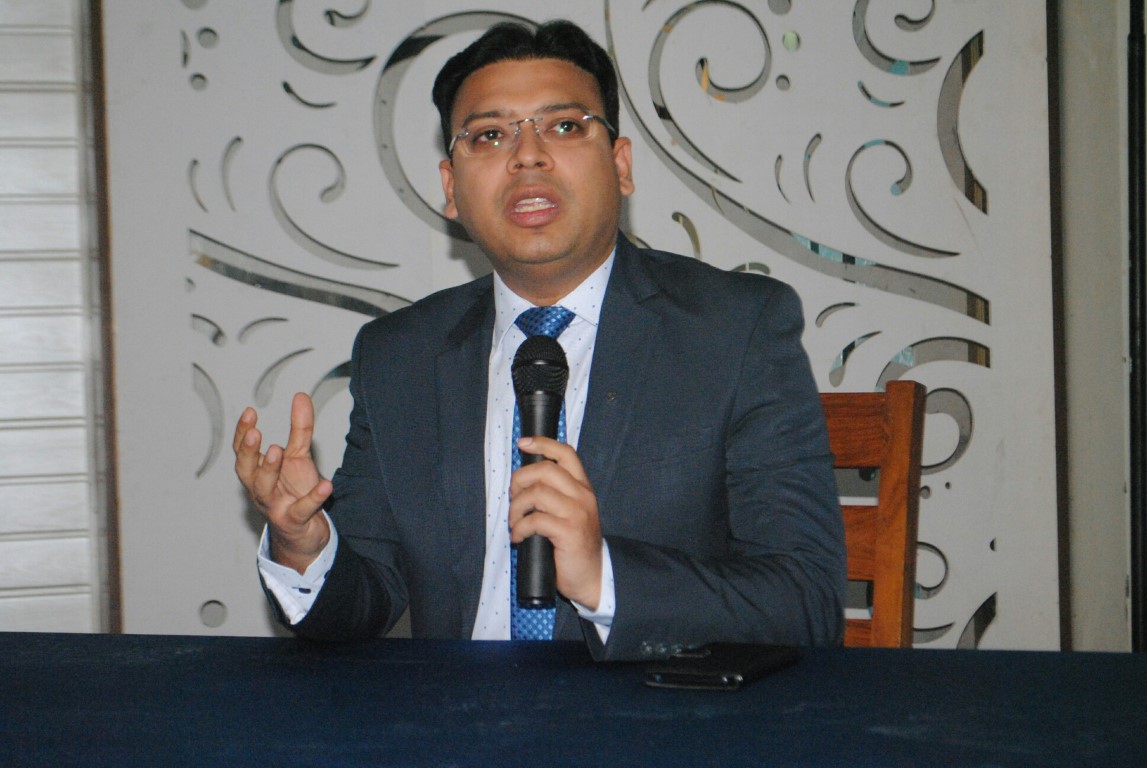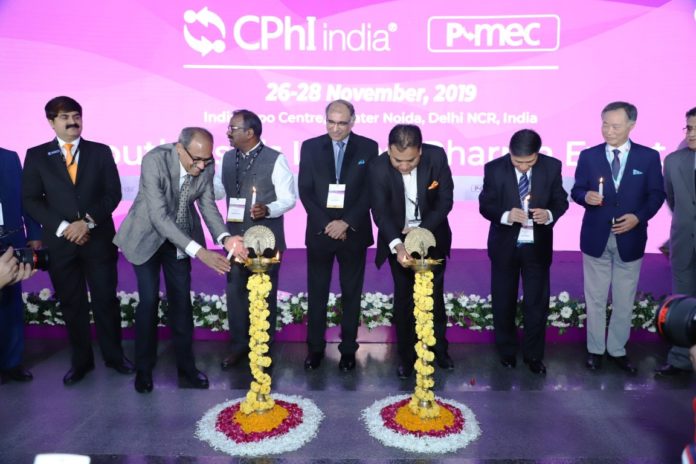New Ray of hope for diabetic patients – Metabolic Surgery: The World Obesity Federation recognizes obesity as a “chronic, relapsing, progressive disease process, associated with co morbidities such as diabetes, sleep apnea, high blood pressure and infertility.”
A recent study also linked morbid obesity to 13 types of cancer. Though India has historically battled malnutrition, the number of obese people in the country has doubled in the last ten years – and this trend is pronounced in urban areas.
In urban Chandigarh, more than one-third of the population is obese – and this proportion is higher in women, of whom an astounding 42% are obese!
India is the 3rd most obese nation with more than 13.5 cr people suffering from Obesity, surpassed only by China and the US. With a teeming population of young millennials who are helping the nation to make a mark on the world map, the nation needs to be cognizant on how it spends its scarce resources.
At the cusp of growth, dealing with medical conditions that arise from obesity, such as hypertension, sleep apnea, diabetes (India has 80 million diabetics), joint problems, heart disease, and respiratory issues can thwart the progress.
Dr Amit Garg , Chief Consultant , Bariatric and Metabolic Surgery , Fortis Hospital, Mohali while interacting with media persons, here in Chandigarh explained that why obesity should not be taken lightly. He said that, “Obesity is a complex disease that can impact the physical, mental and socio-economic well-being of the individual. In my clinical experience, obesity in women is associated with depression. This can fuel a vicious cycle – if you don’t feel good, you eat comfort food. Unfortunately, the impact is not only devastating for the individual but also for their personal life – increasingly, obese patients are reporting marital problems that even lead to divorce.”
Urbanization often leads to sedentary lifestyles with decreased levels of physical activity and higher consumption of sugary and fatty food – all of which can contribute to rising levels of obesity. Dr. Amit Garg added, “The most common cause of rising incidence of obesity in Chandigarh is sedentary life style and social habits that lead to frequent dining out.
There is an increasing tendency to eat junk food or overeat at buffets. Usually these large meals are accompanied by high alcohol consumption. Having said that, obesity is a multifactorial disease and can run in families due to genetic factors. Such families should take extreme care in their lifestyle and dietary habits.”
Obesity can also affect children. Dr. Amit Garg stressed that childhood obesity is a growing problem, “Lack of outdoor activities can fuel childhood obesity. These days, children are given mobile phones and laptops which they may find more entertaining than playing outside. Not only does this lead to the risk of obesity, but also to Vitamin D deficiency – which is a risk factor for both obesity and diabetes!”
Despite the consequences of leaving obesity untreated, obese patients do not always consult a medical professional. Dr. Amit Garg observed that, “In the Indian scenario, more than 60% of individuals wait more than 6-10 years to seek out medically sound weight-loss procedures.
Usually such patients are diagnosed with two or more co morbidities, such as diabetes. In my practice, I have observed a rapid rise in the incidence of infertility, depression, NAFLD, kidney failure, cancers, sleep apnea and heart attacks in patients.”
Obesity treatment plans aim to limit weight gain, and eventually help patients reach and stay at a healthy weight. Treatment plans usually include diet and lifestyle recommendations, medications and bariatric surgery for eligible patients.
Dr. Amit Garg explained that, “When obesity is treated effectively, many co morbid diseases also show improvement. For instance, bariatric surgery is proven to help control Type 2 Diabetes in obese patients and other co morbidities, which helps reduce mortality.”
Dr. Amit Garg pointed out that patients can proactively consult a physician to understand whether they are eligible for bariatric surgery – before problems develop, “Most patients seek bariatric consultation when they develop Type 2 diabetes, sleep apnea or when they are refused a knee replacement surgery by an orthopaedician. But with increasing awareness about the role bariatric surgery can play in controlling obesity and diabetes, patients can proactively seek medical advice before their conditions worsen. Once there is a steady and uncontrolled weight gain, it is best to consult a medical expert who can help identify the cause and advise corrective measures.”
Dr. Amit Garg added that Worldwide, of the four million deaths attributed to excess body weight in 2015, nearly 40% occurred among those whose body mass index (BMI) was above the threshold of obesity, i.e., 30 or above. Stigma associated with Obesity leads to patients not seeking the right treatment and blaming themselves for the condition, obesity is a Disease which needs treatment by obesity specialist, and government is also taking it seriously and taking strong steps to halt the increasing incidence. The National Multisectoral Action Plan for prevention and control of common NCDs. NMF. National Monitoring Framework Ayushman Bharat and Fit India Moment are namely the main ones.
To help ensure that severe obesity is treated with proven methods, insurance coverage of obesity treatment is a key policy step. Dr. Amit Garg emphasized that, “In my experience, many patients avoid seeking obesity treatment due to financial concerns. Some even question whether they should spend money on a ‘cosmetic’ need.
Obesity is a serious medical condition. Covering its treatment with insurance would cement awareness and encourage many patients to seek appropriate medical treatment.” He also informed that Insurance also now treats obesity treatment as per medical advice for morbidly obese.
Though there is rampant misinformation about obesity treatment but Right/Scientific Therapy for the appropriate patient- Surgery is a viable option for 40+ BMI and 35+ BMI with co morbidities – Insurance will cover medically advised treatment as per new IRDAI regulation and all policies will have to comply from October 2020 onwards.







